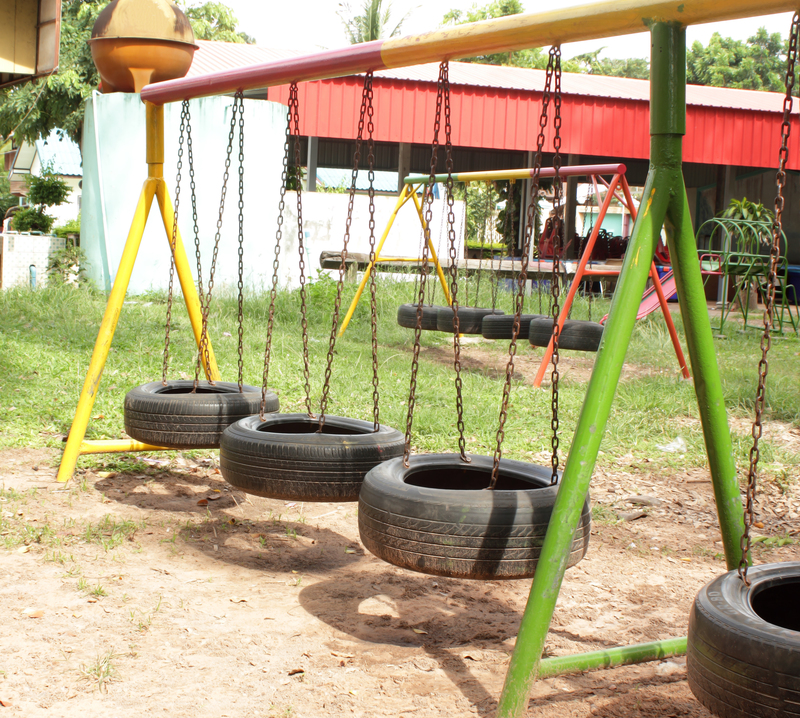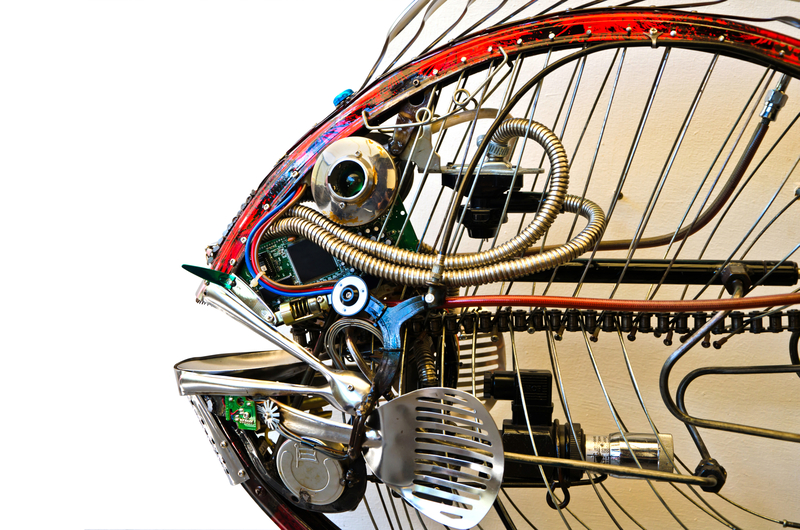From Chaos to Clarity: Hard Rubbish Disposal Guide
In a world increasingly aware of waste management and environmental sustainability, the process of disposing of hard rubbish efficiently has gained significant attention. Transforming from chaos to clarity is more than a catchy phrase; it's a vital practice for maintaining a sustainable and clean environment. This comprehensive guide will take you through the essential steps, strategies, and tips for effective hard rubbish disposal. Let's embark on this journey of responsible waste management.
Understanding Hard Rubbish
Before diving into disposal methods, it's essential to understand what qualifies as hard rubbish. Hard rubbish typically includes large items that are no longer of use around the home or office. These can vary from old furniture, mattresses, and white goods, such as refrigerators and washing machines, to e-waste like televisions and computers.
Why Proper Disposal Matters
- Environmental Impact: Improper disposal can lead to pollution and harm wildlife and ecosystems.
- Health Concerns: Accumulation of waste can lead to the spread of diseases.
- Reusability: Many items categorized as hard rubbish can be recycled or repurposed, reducing the need for new raw materials.

Strategies for Effective Hard Rubbish Disposal
Organize and Assess
The first step from chaos to clarity in disposing of hard waste is organization. Begin by assessing the items you no longer need:
- Make an Inventory: List down all the items you wish to dispose of.
- Categorize by Material: Group items based on material--metal, plastic, wood, etc., for easier processing.
Donation and Resale
One person's trash is another's treasure. Consider the options available for donating or selling:
- Charitable Organizations: Many non-profits accept old furniture and appliances in good condition.
- Online Marketplace: Platforms like Gumtree or eBay allow you to sell unwanted items, sometimes fetching a good price.
Understand Local Services
Many municipalities provide hard rubbish collection services. Understanding your local council's procedures is crucial:
- Check Collection Schedules: Ensure you know when collections occur to avoid fines for improper disposal.
- Utilize Drop-off Points: Some areas have designated drop-off points for specific items like e-waste.
The Recycling Route
What Can Be Recycled?
Recycling is a key component in reducing waste. Here's a glimpse into what typically can be recycled:
- Metals: Items like old appliances and bicycles can be recycled in metal recycling facilities.
- Electronics: Many components of electronics are recyclable, but often need to be processed separately.
- Plastics and Wood: Depending on the facilities available, these can often be reprocessed into new materials.
Find Reputable Recycling Facilities
Choosing the right recycling facility can make a significant difference:
- Research Facilities: Look for facilities with good reviews and environmental certifications.
- Verify Procedures: Ensure they follow proper recycling methods.
Professional Help: When to Call in the Experts
Some situations warrant the assistance of professional services for hard rubbish disposal:
- Complex Items: Items like large refrigerators or hazardous materials often need expert handling.
- Volume Challenges: If the rubbish volume is overwhelming, professionals can efficiently manage the disposal.
Choosing the Right Service
When hiring a professional service, consider the following:
- Experience and Reputation: Opt for companies with good reviews and proven expertise.
- Cost Efficiency: Compare prices to ensure you're getting value for your money.
DIY Disposal: Tips and Tricks
For those who prefer a do-it-yourself approach, here are some tricks:
- Rent a Skip Bin: Renting allows you to manage waste at your own pace without cluttering your space.
- Community Rubbish Events: Participate in neighborhood clean-up days typically organized by local councils.

Responsible Disposal of Hazardous Materials
Particular care is needed for hazardous materials, often found in various forms in households:
- Identify Hazardous Waste: Items like batteries, chemicals, and old paint fall into this category.
- Follow Legal Regulations: Each region has specific laws governing disposal, which you must follow.
Safe Handling Practices
When managing hazardous materials, use these strategies:
- Wear Protective Gear: Gloves and masks can prevent exposure to harmful substances.
- Use Secure Containers: Leak-proof containers ensure safe transport to disposal centers.
Final Thoughts on Hard Rubbish Disposal
Transitioning from chaos to clarity in hard rubbish disposal is a step towards a cleaner, greener planet. By understanding the types of waste, exploring recycling opportunities, and engaging the right services, individuals and communities can contribute significantly to environmental sustainability.
Remember, the goal is not just to dispose but to do so responsibly and sustainably. With thoughtful actions and informed choices, we can all play a part in reducing our footprint and creating a cleaner world for future generations.